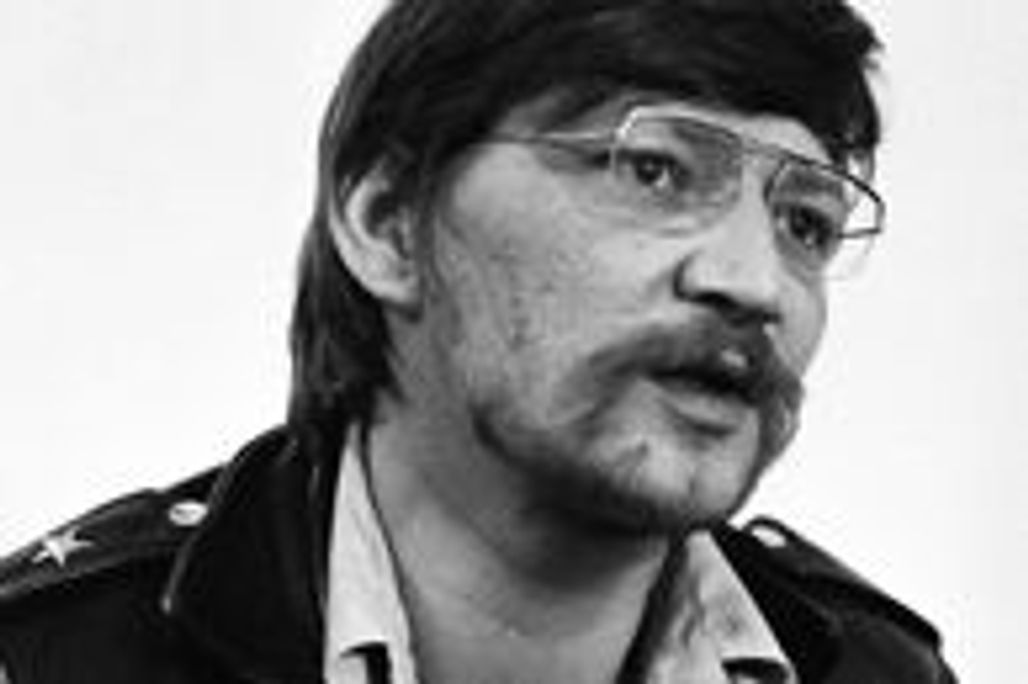
When Nabokov inspired Fassbinder

Rainer Werner Fassbinder plunges Cannes Classics into the world of murderous schizophrenia and 1930s Germany with Despair, a feature film inspired by the Vladimir Nabokov novel of the same name.
Rainer Werner Fassbinder once said that Despair was his “most optimistic” film. Yet neither the historical period chosen as a background to the characters in his movie – Nazi Germany in the the 30s -, nor his theme – criminal schizophrenia – would lead you at first view to suppose that the movie could have a positive theme.
The director’s comment nonetheless illustrates the will of his leading character – Hermann, a wealthy Russian chocolate maker exiled in Germany – to change the course of his humdrum existence. But the special fascination that he harbours for his illness, schizophrenia, drives him to commit a murder: he kills a tramp in order to take his place and assume his personality.
Made in 1978 and presented the same year in Compétition at Cannes, Despair is a film inspired by Nabokov’s novel “Despair”. Although the story as told by Nabokov takes place in Prague under a communist regime, the plot of Fassbinder’s Despair unfolds against the rise of Nazism, reflecting the film-maker’s ardent desire to communicate his vision of Germany. “I hope“, explained Fassbinder, “to live long enough to make a dozen movies that will recompose Germany in the round, as I see her“.
B.P.
Despair will be screened at 7.30pm on Friday 13 May in the Salle du Soixantième.


